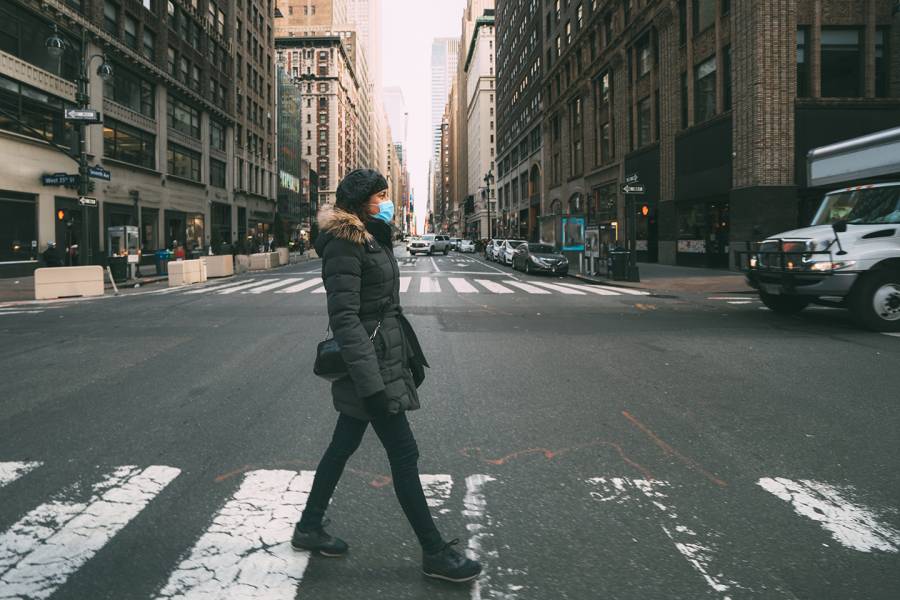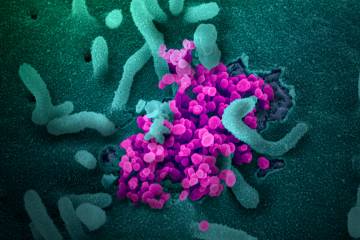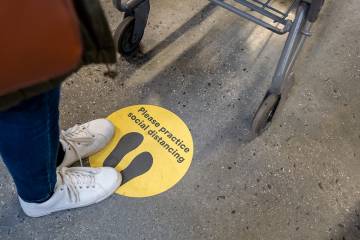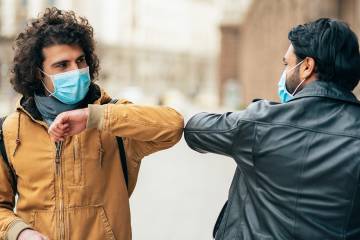New research forthcoming from the Johns Hopkins School of Medicine indicates that warmer temperatures do in fact coincide with slower spread of SARS-CoV-2, the virus that causes COVID-19. For much of the world, the winter months ahead could bring a rise in cases of the coronavirus.
"We didn't prove cases will increase over winter; we'll have to wait till after winter to see for sure," Adam Kaplin told The Baltimore Sun in an article published in advance of his research. "But we have enough information that with the temperature going down, yes, if we take no other steps, there will be more cases."
Kaplin is clinical director of the Johns Hopkins Psychiatric Esketamine Clinic and an assistant professor of psychiatry and behavioral sciences. He told The Sun he does not typically study weather patterns and infectious disease but noticed that while in Brazil for his wedding in February, the rate at which infection was spreading in the country was much slower than it was in the United States. The difference, he hypothesized, was that February is a warm summer month in Brazil and a cold winter month in the U.S.
More from The Sun:
Kaplin enlisted statistician colleagues and used data collected by other Hopkins researchers for their public coronavirus dashboard as well as available government weather data. The researchers got information from 50 countries that had reporting early in their outbreaks, before controls such as mask wearing and physical distancing. The researchers accounted for population and land area in their calculations and looked for a pattern.
They found from January to April, places such as Singapore with average temperatures in the 80s had much lower rates of viral spread than places such as Turkey with average temperatures in the 20s.
It is unusual for a scientist to discuss research before it is published in a peer-reviewed journal, but Kaplin told The Sun he wanted to sound alarm bells while there is still time for the U.S. to prepare.
"We have made significant inroads in this pandemic, and we can say a lot of that is because of social interventions," he said. "In the fall and colder months we are going to hit a headwind in the other direction, and that will make control much more difficult."
Read more from The Baltimore SunPosted in Health
Tagged infectious disease, coronavirus, covid-19











